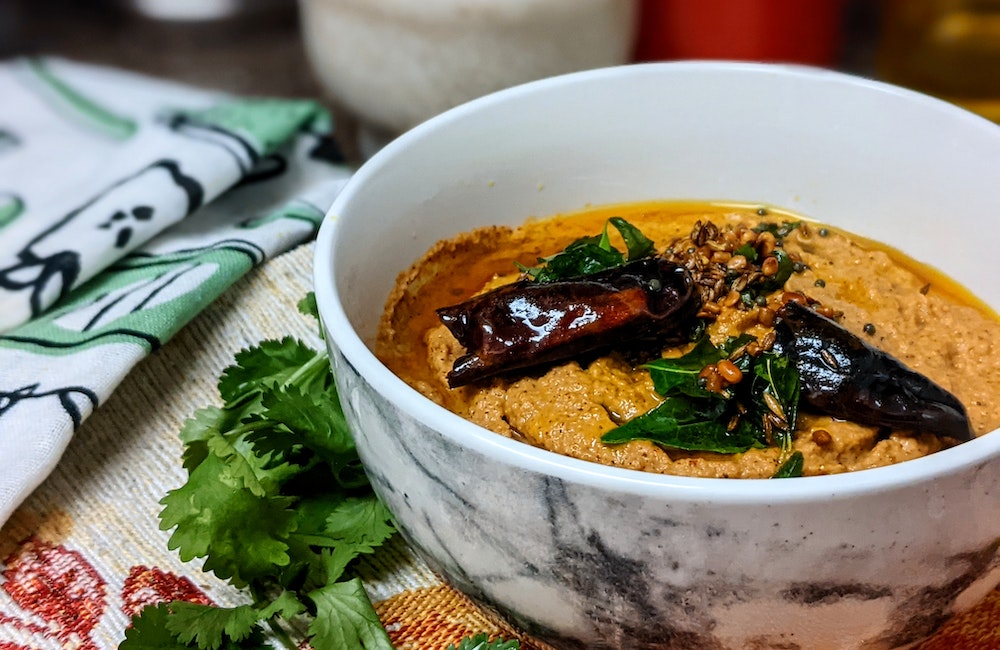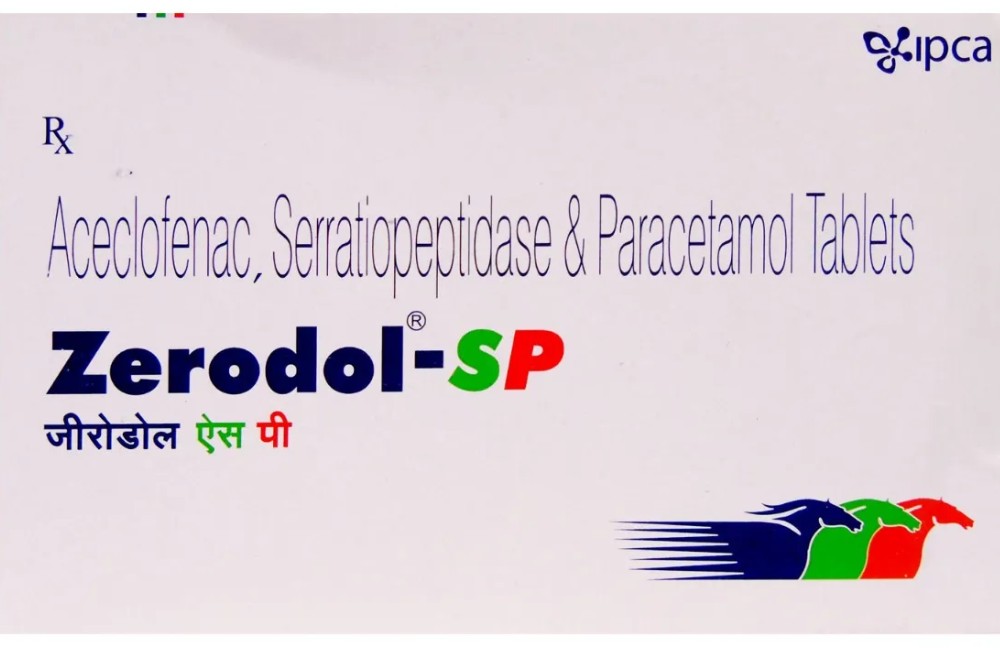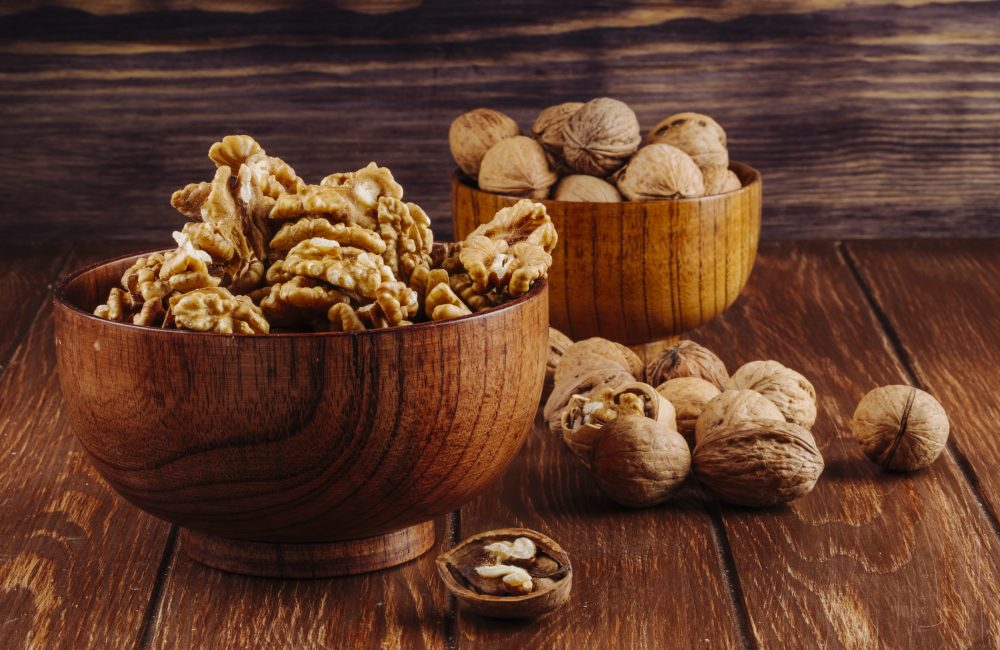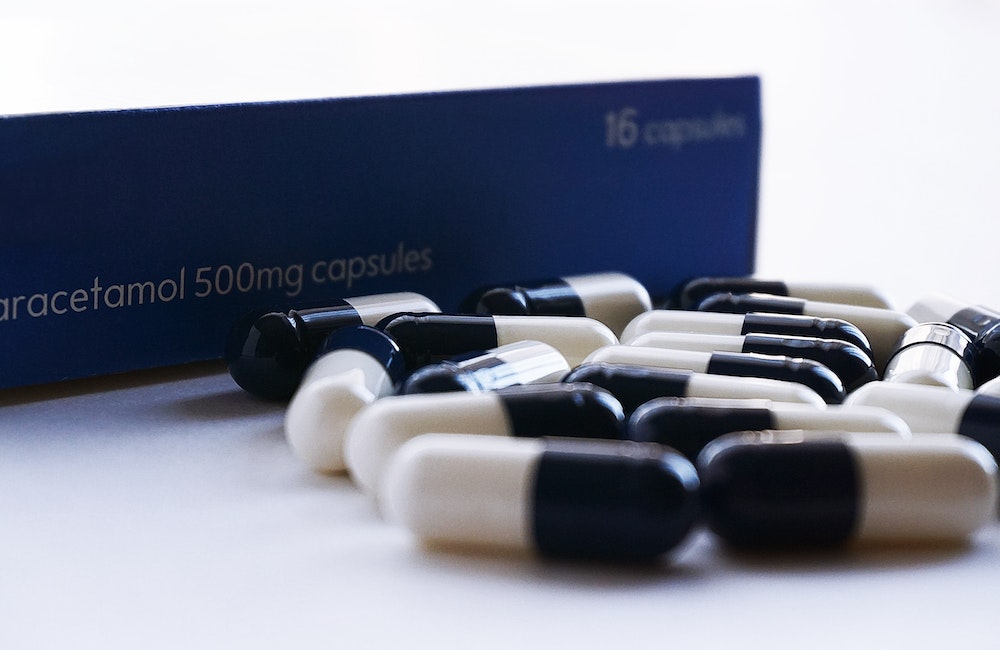Discover the Gut-Healing Power: 13 Probiotic Indian Foods That Boost Your Health

Are you on a quest for better gut health? If so, you’re in for a treat! Indian cuisine, renowned for its rich flavors and aromatic spices, is also a treasure trove of probiotic-rich foods. These culinary delights not only entice your taste buds but also work wonders for your digestive system. In this article, we’ll take you on a journey through the fascinating realm of probiotic Indian foods, unveiling 13 super healthy options that can transform your gut health. So, let’s dive in and explore the magic of these gut-healing delicacies!
Table of Contents
ToggleWhat are Probiotic Foods?
Probiotic foods are foods that contain live bacteria that are beneficial for your health. These bacteria are called probiotics, and they can help to keep your gut healthy by crowding out harmful bacteria. Probiotic foods are also thought to have other health benefits, such as boosting the immune system and improving skin health.
It’s important to note that not all probiotic foods are created equal. Some probiotic foods contain more live bacteria than others, and some probiotic strains are more beneficial for certain health conditions than others. If you’re interested in adding probiotic foods to your diet, it’s a good idea to talk to your doctor or a registered dietitian to get personalized recommendations.
The Benefits of Probiotic Indian Foods
Indian cuisine is a treasure trove of probiotic foods, thanks to its long tradition of fermenting vegetables, dairy products, and legumes. Probiotic foods are those that contain live bacteria that are beneficial for your health. These bacteria can help to keep your gut healthy by crowding out harmful bacteria, and they may also have other health benefits, such as boosting the immune system and improving skin health.
13 Probiotic Indian Foods That are Super Healthy
Let’s explore the top 13 probiotic Indian foods that can work wonders for your digestive system:
- Yoghurt (Dahi): Yoghurt, a staple in Indian households, is a probiotic powerhouse. Made by fermenting milk with live bacteria cultures, it offers a rich source of gut-friendly bacteria such as Lactobacillus and Bifidobacterium. Incorporating a serving of yoghurt into your daily diet can help regulate digestion, enhance nutrient absorption, and strengthen your immune system.
- Idli: A steamed rice cake made from fermented batter, idli is not only light and fluffy but also teeming with probiotics. The fermentation process involves a combination of rice and lentils, which results in the growth of beneficial bacteria. Enjoy idlis as a nutritious breakfast or snack, accompanied by coconut chutney and sambar.
- Dosas: Dosas, a popular South Indian delicacy, are thin, crispy pancakes made from fermented rice and lentil batter. The fermentation process enhances the bioavailability of nutrients and promotes the growth of probiotics. These delightful crepes can be filled with a variety of savory fillings, making them a versatile and gut-friendly choice.
- Fermented Pickles: Pickles are not just a tangy accompaniment to your meals; when they’re fermented, they become probiotic powerhouses. Traditional Indian pickles, made using vegetables like cucumber, carrot, and mango, undergo lacto-fermentation, where beneficial bacteria thrive. These probiotic-rich pickles add a burst of flavor and gut-loving goodness to your plate.
- Kanji: Kanji, a traditional North Indian probiotic beverage, is made by fermenting black carrots with water, mustard seeds, and spices. This tangy, refreshing drink is not only low in calories but also a great source of probiotics. Kanji aids in digestion, detoxification, and maintaining a healthy gut flora.
- Dhokla: Dhokla, a savory steamed cake made from fermented chickpea flour, is a popular snack in Gujarati cuisine. The fermentation process not only adds a delightful tang but also boosts the probiotic content. Dhokla is not only a light and healthy option but also a great way to introduce probiotics into your diet.
- Kombucha: Kombucha, a fermented tea beverage, has gained popularity worldwide for its probiotic properties. This fizzy and tangy drink is made by fermenting sweetened tea with a culture of bacteria and yeast. Kombucha offers a wide array of health benefits, including improved digestion, immune support, and detoxification.
- Appam: Appam, a lacy rice pancake with a soft center, is a traditional South Indian delight. Made from fermented rice batter, appams are light, fluffy, and rich in probiotics. These fermented pancakes are a perfect accompaniment to curries and stews, adding a touch of healthy goodness to your meal.
- Buttermilk (Chaas): Buttermilk, a refreshing drink commonly consumed in India, is a probiotic-packed thirst quencher. It is made by churning yogurt, removing the butterfat, and diluting it with water. Buttermilk aids in digestion, cools the body, and replenishes electrolytes. Enjoy a glass of chilled buttermilk on a hot summer day for a dose of probiotics and hydration.
- Kefir: Kefir, a tangy and creamy fermented milk beverage, is known for its exceptional probiotic content. It is made by fermenting milk with kefir grains, which contain a combination of bacteria and yeast cultures. Kefir offers a diverse range of beneficial bacteria strains and is believed to promote gut health, boost immunity, and improve lactose digestion.
- Chutneys: Chutneys, a quintessential part of Indian cuisine, are not just delectable accompaniments but also a source of probiotics. Some chutneys, like coconut chutney and coriander chutney, undergo fermentation, allowing the growth of beneficial bacteria. These flavorful condiments are a great way to introduce probiotics to your meals.
- Miso Soup: Miso soup, a popular Japanese dish, has found its way into the hearts and stomachs of many Indians. Made from fermented soybeans, miso paste serves as a base for this savory soup. The fermentation process not only adds a unique umami flavor but also introduces probiotics to support your gut health.
- Paneer (Indian Cottage Cheese): Paneer, a versatile dairy product commonly used in Indian cooking, is also a probiotic food. It is made by curdling milk with lemon juice or vinegar, resulting in soft, creamy cheese. Paneer provides a good amount of protein and beneficial bacteria, making it a nutritious addition to your diet.
How to Incorporate Probiotic Indian Foods into Your Diet
Now that you’re familiar with these 13 probiotic Indian foods, you may be wondering how to incorporate them into your daily diet. Here are a few tips to help you make the most of these gut-friendly delights:
- Start your day with a bowl of yogurt topped with fresh fruits and nuts for a probiotic-rich breakfast.
- Swap your regular rice dishes with fermented options like idli or dosas, accompanied by probiotic chutneys.
- Include a serving of fermented pickles as a side dish or add them to sandwiches and wraps for an extra probiotic kick.
- Sip on kanji or kombucha as a refreshing beverage option, especially during hot summer months.
- Experiment with traditional Indian recipes that feature dhokla or appam, incorporating them into your meal rotation.
- Enjoy a glass of buttermilk with your lunch or as a midday snack to boost your probiotic intake.
- Incorporate kefir into smoothies, desserts, or enjoy it on its own as a probiotic-packed treat.
- Use fermented chutneys as a dip, spread, or condiment to add flavor and probiotics to your meals.
- Try miso soup as a light and nourishing option, perfect for cold winter days or when you need a comforting meal.
- Explore recipes that feature paneer as the main ingredient, such as curries or grilled paneer skewers.
Remember, variety is key, so try to incorporate a range of probiotic Indian foods into your diet to reap the maximum benefits for your gut health.
Precautions and Considerations
While probiotic Indian foods offer numerous health benefits, there are a few precautions and considerations to keep in mind:
- Allergies and intolerances: Some individuals may have allergies or intolerances to specific ingredients used in probiotic foods, such as dairy or gluten. It’s important to identify and avoid any potential allergens or triggers.
- Moderation: Although probiotic foods are beneficial, it’s essential to consume them in moderation. Excessive intake may lead to digestive discomfort or an imbalance in gut bacteria.
- Individual variations: Every individual’s digestive system is unique, and what works for one person may not work for another. Listen to your body and make adjustments according to your needs and preferences.
- Consultation with a healthcare professional: If you have any specific health concerns or medical conditions, it’s always advisable to consult a healthcare professional before making significant dietary changes or incorporating new foods into your routine.
By being mindful of these precautions and considering your individual needs, you can make the most of probiotic Indian foods while ensuring a healthy and balanced diet.
Conclusion
Incorporating probiotic Indian foods into your diet is a delicious and effective way to promote gut health and overall well-being. From the tangy delight of yogurt to the fluffy goodness of idlis, the world of probiotic Indian cuisine offers a diverse range of options to suit every palate. So, why not embark on a culinary adventure and nourish your gut with these 13 super healthy probiotic Indian foods? Your taste buds and your gut will thank you!
FAQ’s
While probiotic Indian foods can support overall gut health and digestion, weight loss is a complex process that requires a combination of factors, including a balanced diet, regular physical activity, and a calorie deficit. However, incorporating probiotic foods into your weight loss journey can potentially aid digestion and support your overall well-being.
The timeframe for experiencing the benefits of probiotic Indian foods can vary from person to person. Some individuals may notice improvements in their digestion and overall well-being within a few weeks, while others may take longer. Consistency is key, so incorporating these foods into your diet regularly can help maintain a healthy gut and potentially lead to long-term benefits.
Probiotic Indian foods, when consumed in moderation and made from safe ingredients, are generally considered safe during pregnancy. However, it’s recommended to consult your healthcare provider before making any significant dietary changes or incorporating new foods into your pregnancy diet.
Probiotic Indian foods can contribute to a healthy gut microbiome and aid digestion. While they may alleviate certain digestive issues like bloating or irregular bowel movements, it’s important to note that severe digestive disorders should be addressed under the guidance of a healthcare professional. Probiotic foods can be a part of a holistic approach to support digestive health but should not replace medical advice or treatments.
Some probiotic Indian foods, such as yoghurt and buttermilk, are derived from milk and may contain lactose. However, lactose-intolerant individuals can still enjoy probiotic options like fermented pickles, kanji, dosas, and chutneys, which are typically dairy-free. It’s always best to choose alternatives that suit your dietary needs and preferences.
Note: Remember, it’s always a good idea to consult a healthcare professional or registered dietitian before making significant changes to your diet, especially if you have any underlying health conditions or specific dietary requirements.
Book an Appointment
Recent Articles
-
 Zerodol-SP Tablet: Power of Pain Relief and Inflammation Control30 Jun 2023
Zerodol-SP Tablet: Power of Pain Relief and Inflammation Control30 Jun 2023 -
 Glycerin for Face: A Game-Changer in Skincare?01 Sep 2023
Glycerin for Face: A Game-Changer in Skincare?01 Sep 2023 -
 The Incredible Benefits of Eating Walnuts: Boosting Your Health One Nut at a Time29 Jun 2023
The Incredible Benefits of Eating Walnuts: Boosting Your Health One Nut at a Time29 Jun 2023 -
 The Marvel of First-Time Sex: Unveiling the Potential for Pregnancy05 Jul 2023
The Marvel of First-Time Sex: Unveiling the Potential for Pregnancy05 Jul 2023 -
 Unlocking the Power of Pre and Probiotic Capsules: A Journey to Optimal Gut Health31 Jul 2023
Unlocking the Power of Pre and Probiotic Capsules: A Journey to Optimal Gut Health31 Jul 2023

